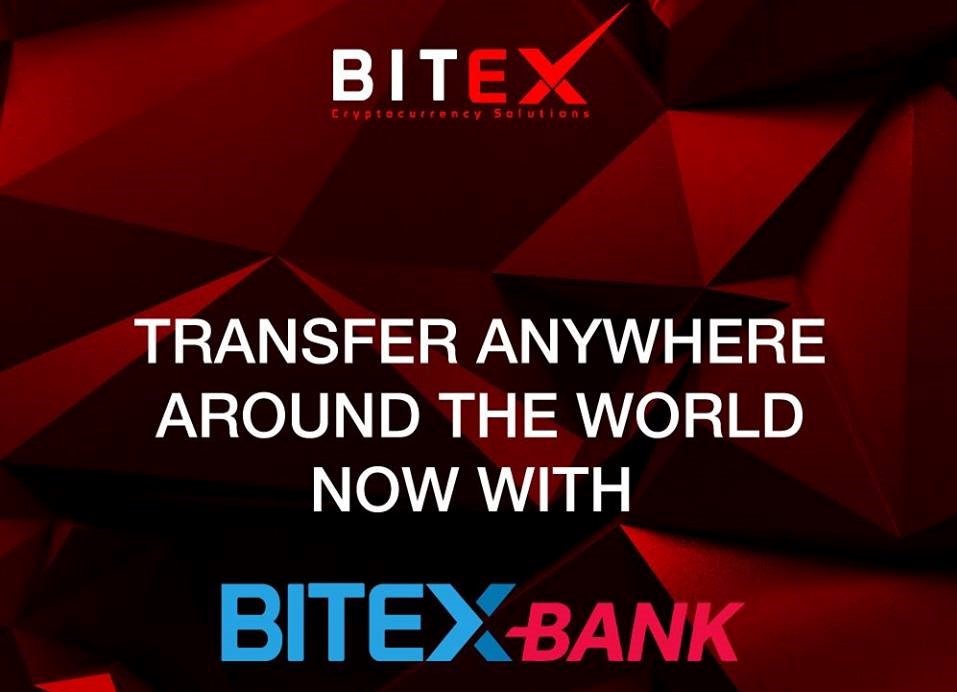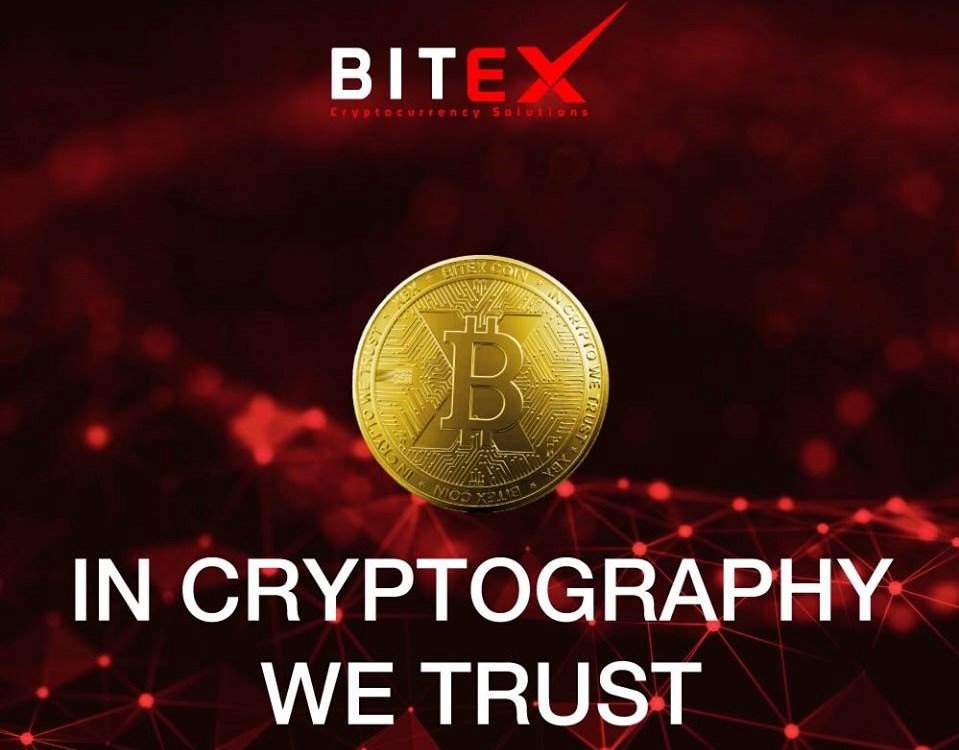The crypto and the traditional financial markets are quite segregated for a participant attempting to cross over or move their capital from one market to the other. The segregation is a result of large transaction costs, time and money. These costs sometimes lead to the eradication of profits, and in some cases lead to losses, which restricts investors from participating in the market.

Furthermore, Market participants are always searching for ways to diversify their funds, along with rebalancing them to reach an ideal allocation of assets that fits their risk appetite. Given the lack of connection between crypto and the traditional markets, participants are either unable to move funds between different markets in a reasonable timespan or are restricted by the costs associated to do so.
The current crossover mechanism is also inefficient in terms of availability and transparency as it is only available 5 days a week and execution can take from hours to days depending on different factors, such as liquidity, day of execution, time of execution throughout the day, type of order and size of trade.
The current crossover mechanism is also inefficient in terms of availability and transparency as it is only available 5 days a week and execution can take from hours to days depending on different factors, such as liquidity, day of execution, time of execution throughout the day, type of order and size of trade.
However, crypto exchanges offer only the ability to exchange one’s holdings between currencies (fiat/crypto and crypto/crypto) which serve only a small part of the financial needs of a growing crypto-economy. If commerce based on cryptocurrencies is to progress to the point of having these accepted as a proper medium of exchange for goods and services and take its place as a peer to fiat currencies, it is necessary to create new institutions that can cater for the needs that people have come to associate with financial transactions. These include the ability to store currency, exchange between currencies as needed, use currencies for payment of goods and services, automate bill payments, take out loans, etc. — in short, the services currently provided by commercial banks throughout the world.
What is Bitex
Bitex expects to be the first locally-embedded crypto bank. It aims to provide financial services to the cryptocurrency-based digital economy that is relevant and useful to the local customer base in each region where it operates, while being available globally.
Bitex will provide cryptocurrency-based banking services for digital customers through a licensed technology platform available to local partners.
Bitex will provide cryptocurrency-based banking services for digital customers through a licensed technology platform available to local partners.
Why Bitex
Bitex believes that it can make the greatest impact on society by working at the local level, and ensuring that the benefits of this new cryptocurrency-based digital economy can also be felt by those under-served or left out of the current banking system. Thus, instead of starting out immediately as a global bank, Bitex wants to ensure that its solution has a local impact.
Bitex View Point
- Bitex believes that it can make the greatest impact on society by working at the local level, and ensuring that the benefits of this new cryptocurrency-based digital economy can also be felt by those under-served or left out of the current banking system. Thus, instead of starting out immediately as a global bank, Bitex wants to ensure that its solution has a local impact.
- To that end, Bitex has structured itself so that its core banking platform is operated by local franchise holders in various countries/regions that comply with local laws and regulations, and understand the local context best so as to tailor localized financial services that positively impact the local economy.

Bitex Introduces Its Crypto Bank
A crypto-bank is the new institution required for this growing digital economy based on cryptocurrencies. It goes beyond the confines of a traditional commercial bank by offering services to its consumers on:
- a global scale, unhampered by national boundaries, although subject to national/local laws pertaining to banking and finance.
- a decentralized, distributed and immutable ledger which cannot be affected by any single point of failure or compromise.
- the ability to carry out pseudonymous transactions between parties where trust is captured through cryptographic means rather than written contracts or external supervision.
- include cryptocurrencies as equal partners to fiat currencies in transactions between individuals, individuals and businesses, and between businesses.
- the ability to conduct escrow payments through cryptography rather than traditional, time consuming payment methods.
Why Bitex Created The Crypto Bank
When creating a crypto-banking solution, Bitex has been motivated by the need to go back to the original purpose for a bank, namely an institution that helps the economy function and grow by providing a way to manage savings, provide means for payments and money transfer, and facilitate loans. By sticking to these basic functions, Bitex believes that cryptobanks can restore the public’s faith in banking for this new cryptocurrency-based digital economy, and remove the image of greed and profit-seeking that current commercial banking has unfortunately propagated by moving into speculative assets and markets.
The Crypto Bank Services
Bitex’s crypto-banking services include:
- Customer care, user experience and governance that is localized.
- An ERC-223 compatible digital wallet for securely storing a customer’s cryptocurrency balances on a personal mobile device.
- The ability for using the mobile wallet with a virtual debit card for payments, exchanges and transfers.
- Various Point of Sale solutions (both hardware and software based) for merchants to accept payments in their local currency from consumers.
- Currency exchanges between the G20 fiat currencies and various popular cryptocurrencies.
- Large scale business-to-business payments.
- Personal loans.

Finally
Bitex will be launched with a subset of banking services offered to customers in 8 countries (Hong Kong, India, Japan, Korea, Philippines, Singapore, Thailand and the United Arab Emirates), with plans for expanding its reach in the future. Services will be operated by local partners that license the Bitex platform as a franchise and who will register with the financial authorities in their respective countries. By working with local partners, who have a much better understanding of local customers and regulators and making available localized applications and customer support, the Bitex crypto-banking platform becomes the most accessible crypto-banking solution on the market.
✅Website: https://bitex.global/
✅Whitepaper: https://ico.bitex.global/docs/XBX-Token-WhitePaper.pdf
✅Twitter: https://twitter.com/bitex_global
✅Facebook: https://www.facebook.com/bitex.global/
✅Telegram Group: https://t.me/Bitex_Global_Official
✅Whitepaper: https://ico.bitex.global/docs/XBX-Token-WhitePaper.pdf
✅Twitter: https://twitter.com/bitex_global
✅Facebook: https://www.facebook.com/bitex.global/
✅Telegram Group: https://t.me/Bitex_Global_Official
Author of the article:
✅Bitcointalk username: Erik_Smuel
✅Bitcointalk profile link: https://bitcointalk.org/index.php?action=profile;u=2020517
✅My Ethereum Address: 0xA009D96EFB69bC8e328d43c4d18dd9B6d7422BC8
✅Bitcointalk profile link: https://bitcointalk.org/index.php?action=profile;u=2020517
✅My Ethereum Address: 0xA009D96EFB69bC8e328d43c4d18dd9B6d7422BC8
No comments:
Post a Comment